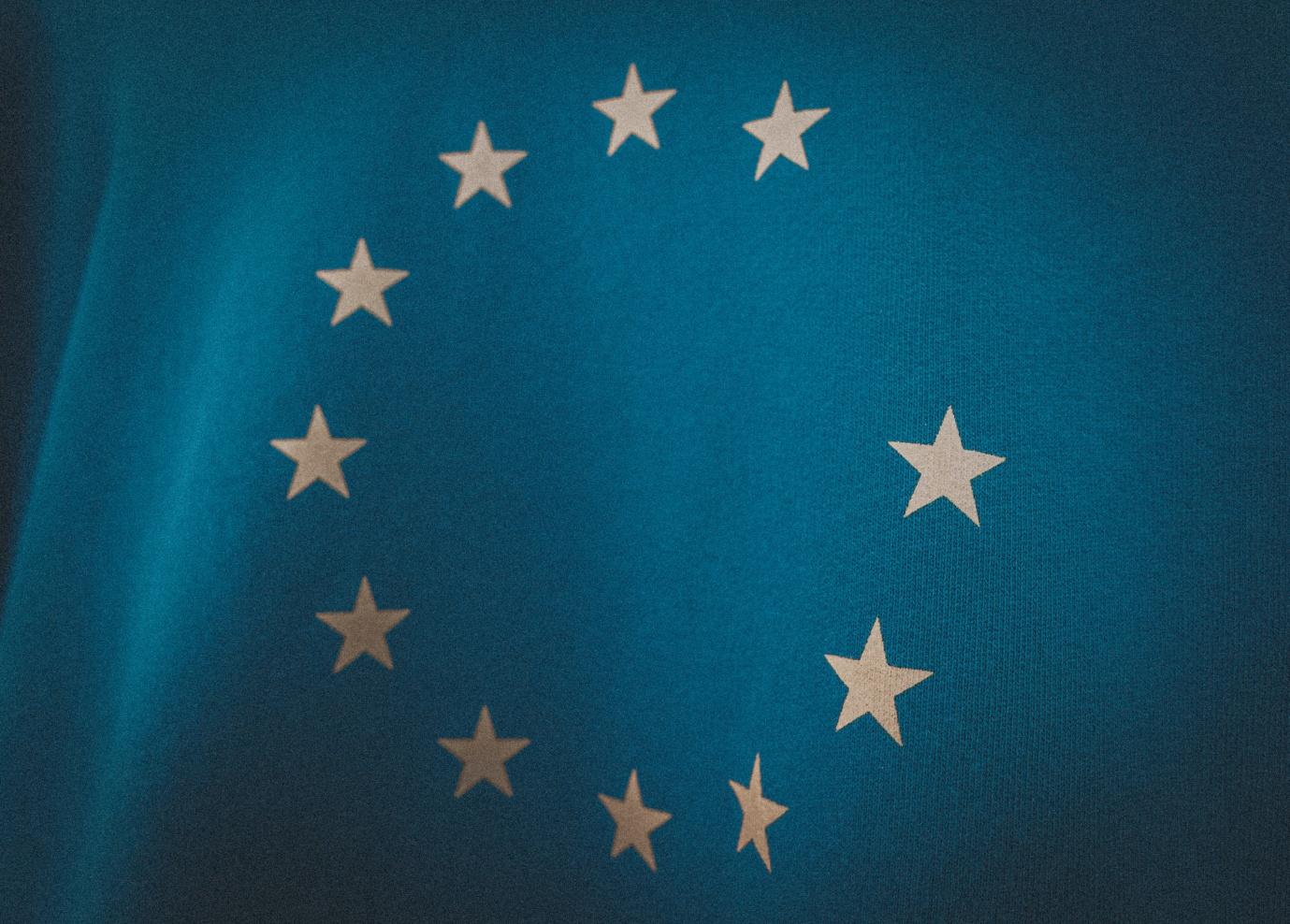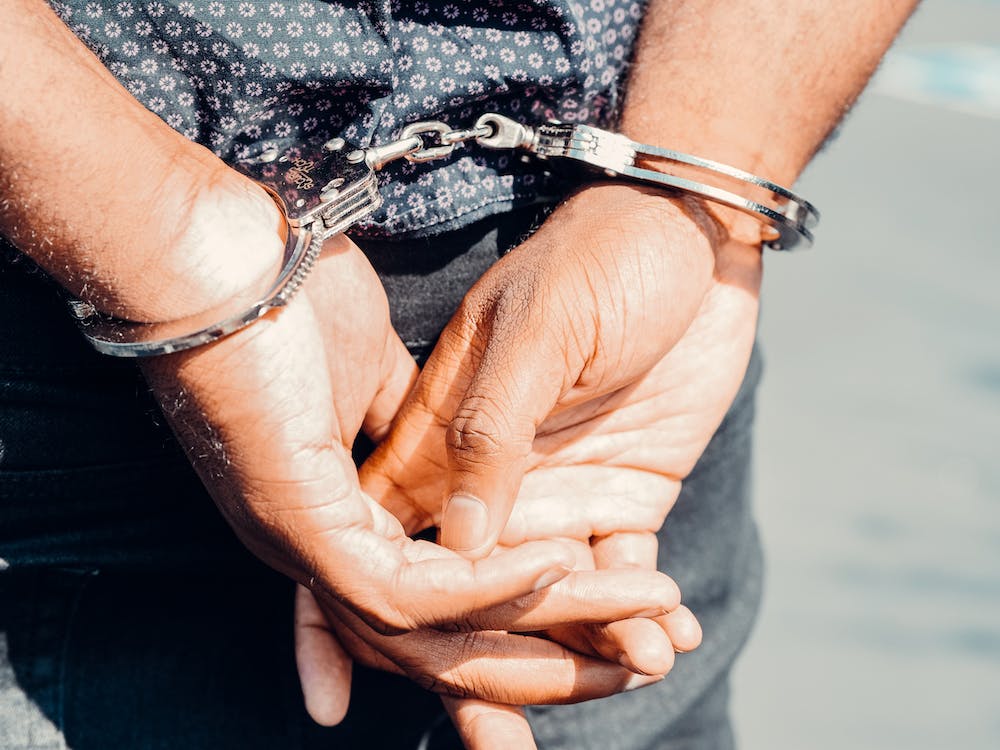Have you ever wondered what happens when UK authorities, such as Border Force orHMRC, seize your goods? Although It can be a challenging experience, it’s essential to understand that procedures are in place to help you reclaim your seized items. Let’slook at the restoration process in the UK and understand how to regain possession of your valued items.
Understanding Seizures
Before discussing the restoration process, it’s essential to grasp why goods are seized. Seizures typically occur for several reasons:
· Import Restrictions or Prohibitions: Certain items, such as illegal drugs or weapons, are prohibited from entering the UK. If you attempt to import such goods, they will likely be seized to prevent their entry into the country.
· Non-compliance with Regulations: Goods that do not meet specific safety, quality, or environmental standards may be seized. This protects consumers and the environment from substandard or hazardous products.
· Unpaid Duties and Taxes: Import duties and taxes must be paid when goods enter the UK. Failure to fulfil these financial obligations can result in the seizure of the items. This measure ensures that revenue is collected for the benefit of the country.
· Suspected Fraud or Smuggling: Authorities may seize items when there are suspicions of fraudulent activities or smuggling. This is part of efforts to combat illegal trade and protect national interests.
Customs Awareness
Everyone involved in transporting goods into the UK should acquaint themselves with Customs procedures. This information is readily available at UK ports and airports, on the official government website (www.gov.uk/duty-free-goods), and from the Revenue & Customs National Advice Service.
All those transporting goods into the UK must take reasonable care to ensure their vehicles aren’t utilized for smuggling goods.
Commercial Vehicles Restoration Policy
For commercial vehicles, the restoration policy, under the purview of the Commissioners, is designed to combat cross-border smuggling and disrupt the supply of excise goods to the illicit market. Here is a summary of the policy:
- If the Commissioners are satisfied that the driver or haulier knowingly participated in smuggling excise goods, the vehicle’s restoration may vary:
- In cases involving significant revenue, the vehicle may not be restored on the first detection.
- In some instances, upon initial detection, the option to reinstate the vehicle is available for a fee equivalent to 100% of the associated revenue or the vehicle’s market value, depending on which amount is lower.
- On the second or subsequent occasions, the vehicle may not be restored.
- If it’s found that the driver or haulier didn’t perform reasonable checks to identify illicit loads, the vehicle’s restoration may follow this pattern:
- On the first detection, the vehicle may be seized, and restoration offered for a fee equal to 20% of the revenue involved or the trade value of the vehicle (whichever is lower).
- On the second detection, the vehicle may be seized and not restored.
- If it’s determined that the driver and haulier took reasonable steps to ensure the load’s legitimacy, the vehicle may be seized and restored free of charge.
- Vehicles adapted for smuggling purposes are typically not eligible for restoration.
Penalties
When HMRC and Border Force seize goods, understanding the restoration procedure is essential, as it can be the key to regaining your property. However, it’s equally crucial to recognize the potential penalties associated with seizures, which can be severe. Customs civil penalties for infringements of EU and national legal regulations can range from £250 to £2,500 per infringement, depending on the seriousness of the offence.
Legal Considerations
Restoration requests are evaluated under section 152(b) of the Customs & Excise Management Act 1979, in accordance with the policy outlined by the Commissioners. It’s important to note that challenges to the legality of the seizure can be pursued in the Magistrates’ Court.
Final Thoughts
Understanding the restoration process and associated penalties, under the oversight of the Commissioners, is crucial when dealing with seized goods in the UK. Being informed and following the correct procedures can significantly increase your chances of successful restoration and recovery of your property.











